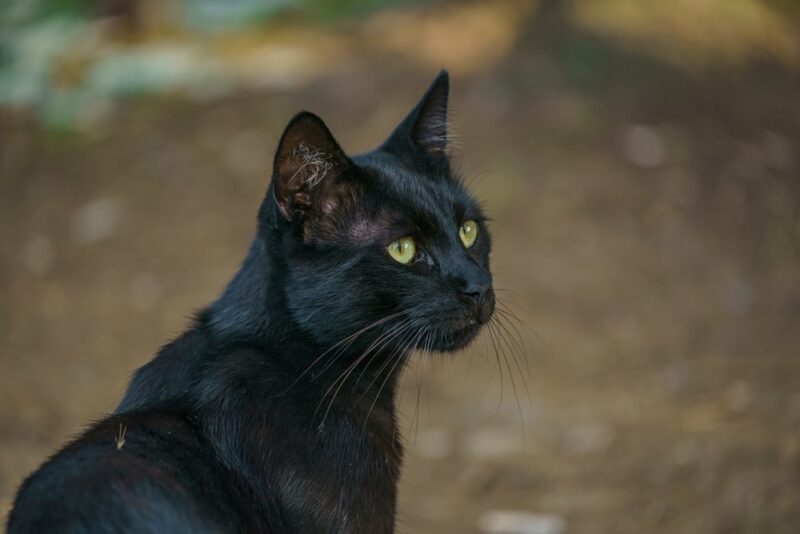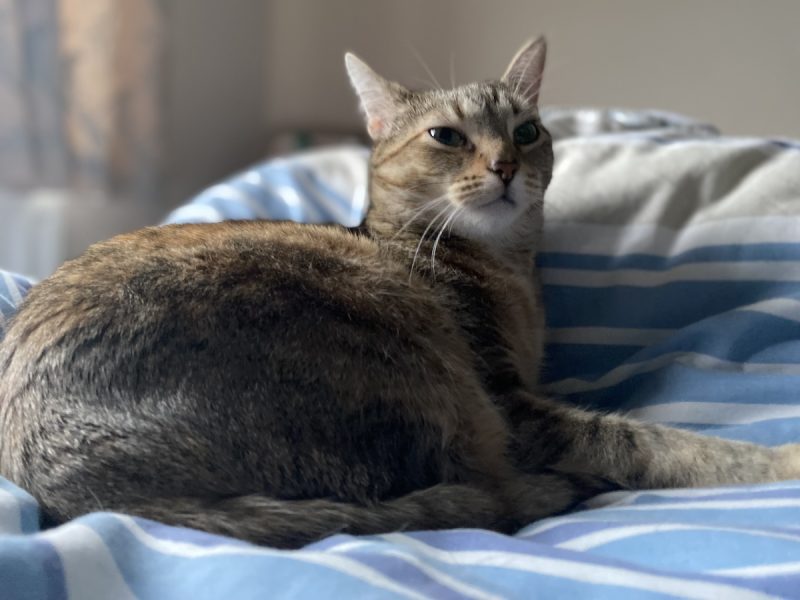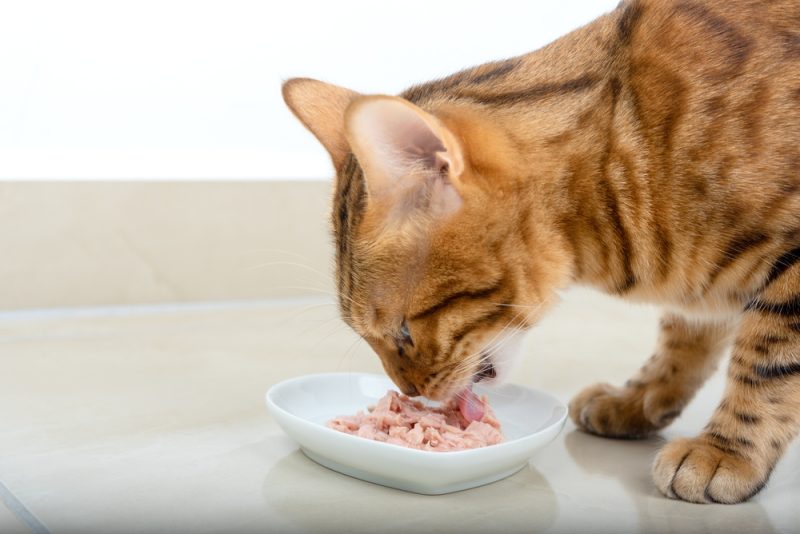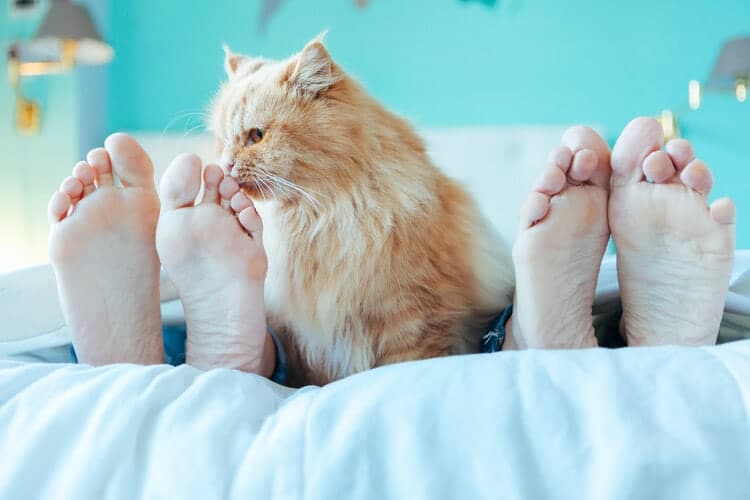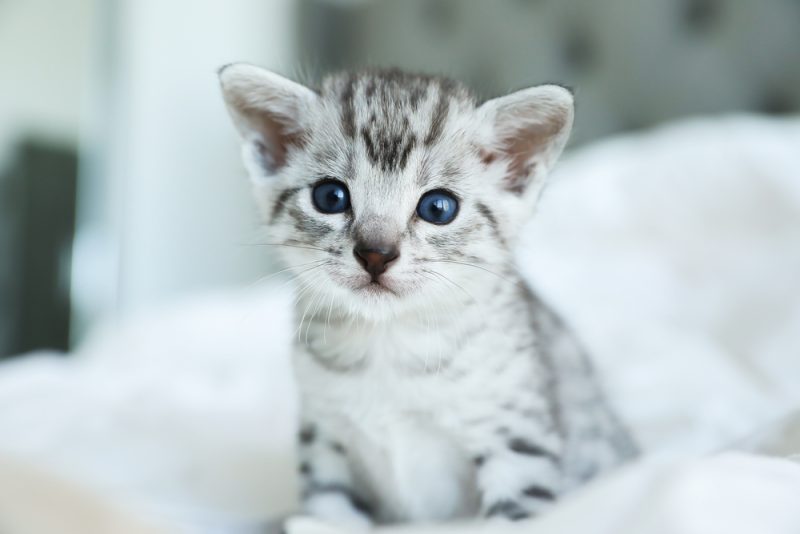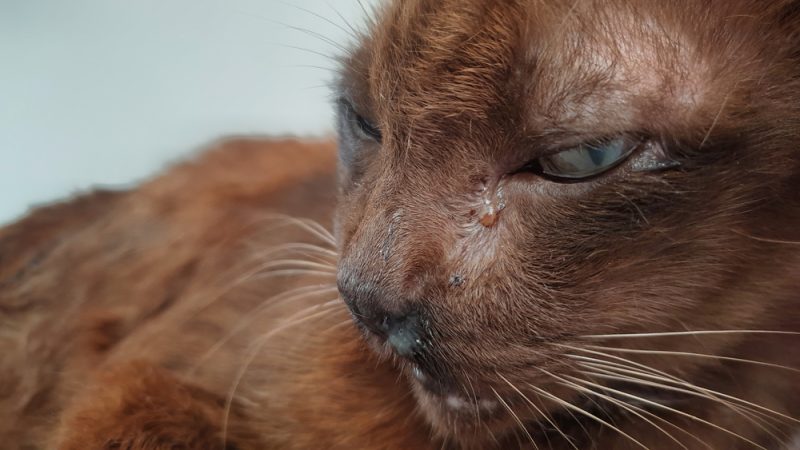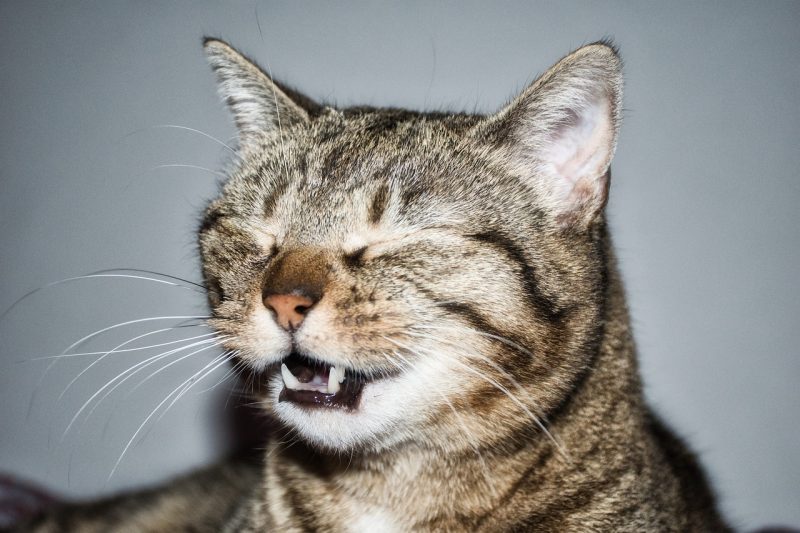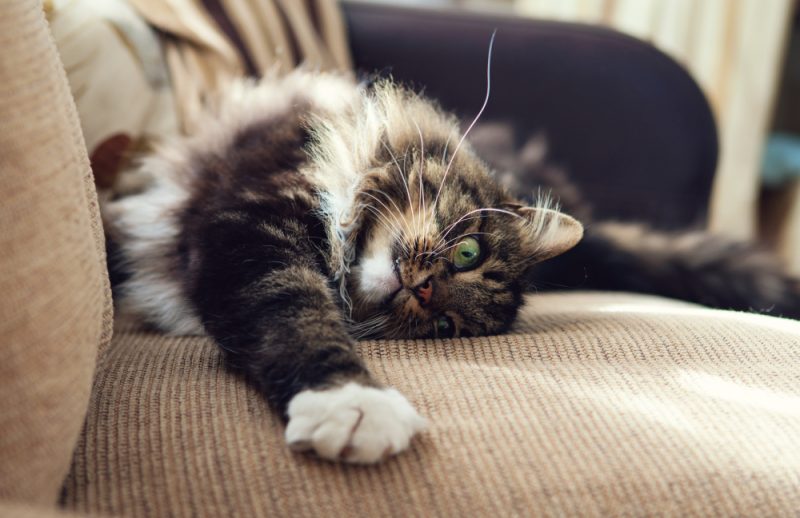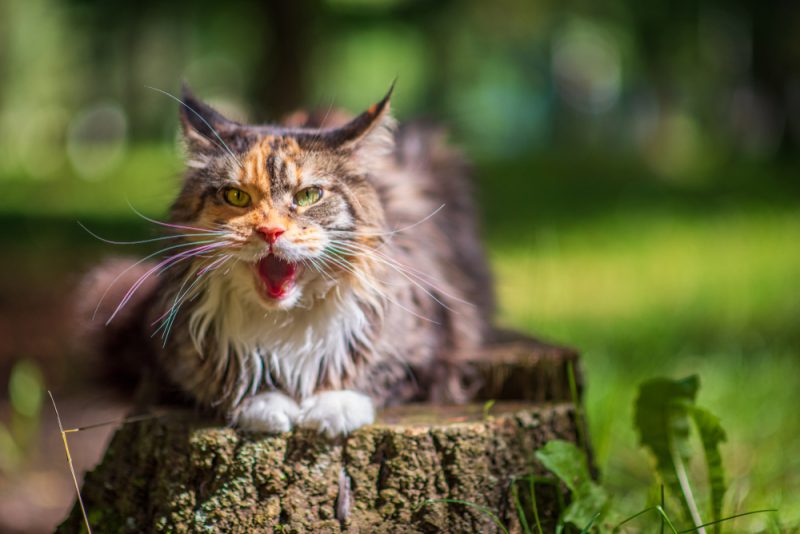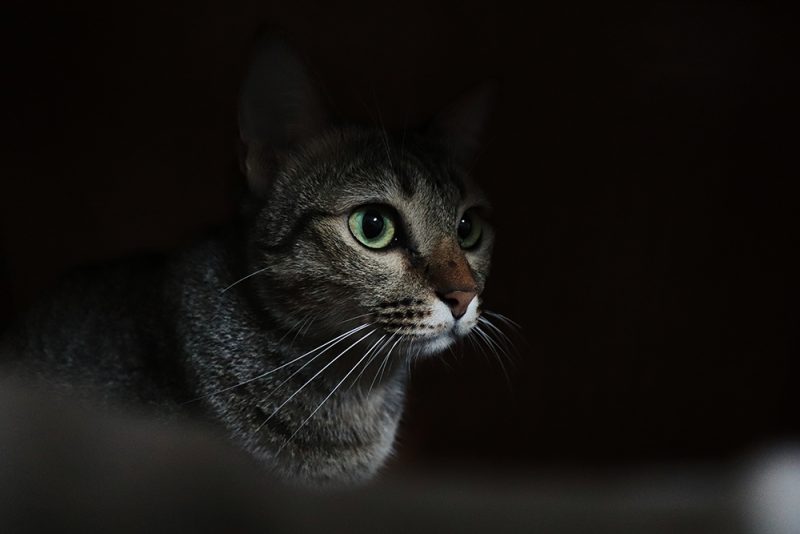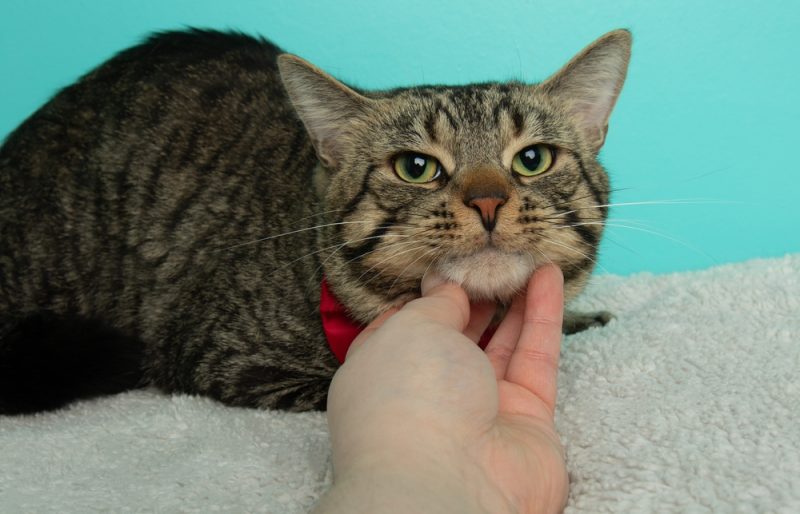In this article
View 8 More +Asian cats are a small group of breeds that are a lot like the Burmese cat, except they come in a wide range of coat patterns and colors. Interestingly, these cats were accidentally created in the United Kingdom in the early 1980s.
Cats in the Asian breed group look almost identical regarding physical characteristics. It’s their coats that make them look different. They all tend to have the same temperaments, personalities, and instincts. Read on if you want to learn more about these easy-going cats:
Breed Overview
Weight:
6.5–13 pounds
Lifespan:
14–16 years
Colors:
A wide variety of colors and patterns
Suitable for:
Families, singles, seniors, houses, apartments
Temperament:
Smart, friendly, affectionate, attention-seeking, demanding
There are five variations that make up the Asian breed cat group. They are the Burmilla, Bombay, Asian Self, Smoke, and Tabby. Long-haired cats of any variety are referred to as Tiffanys. The Asian cat coat is typically fine, glossy, and shiny, like satin. Coat colors are varied and can take on any type of pattern, including tortoiseshell and solid.
Asian Cat Characteristics

Asian Kittens
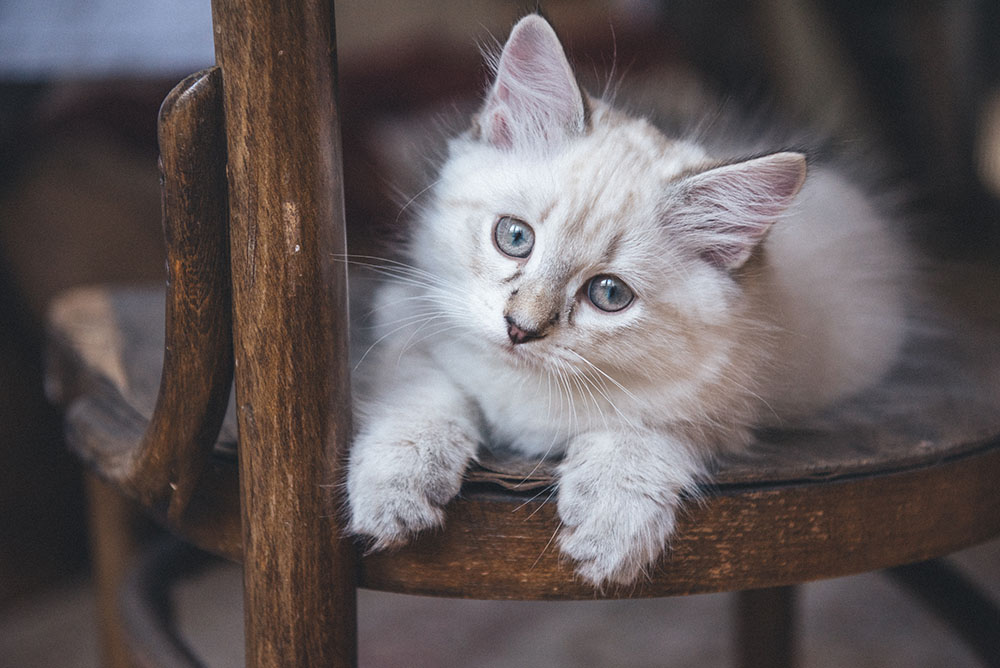
Asian kittens are gentle, curious, and affectionate. They like getting attention and enjoy finding warm, soft places to cuddle up in. They are interactive and like toys but can be a bit territorial about them when playing with other kittens. While adults are considered outgoing, kittens are a little more reserved. They tend to follow around their moms and mimic what they see. Once their mother is no longer around, they start learning to become independent.
Asian cats grow fast, so every second of their kittenhood should be enjoyed and appreciated. If socialization and travel practices are implemented during kittenhood, Asian cats get along with strangers and other pets and won’t mind traveling, whether to the vet or on vacation. They can learn to tolerate or even enjoy travel in cars and on planes and trains.

Temperament & Intelligence of the Asian Cat
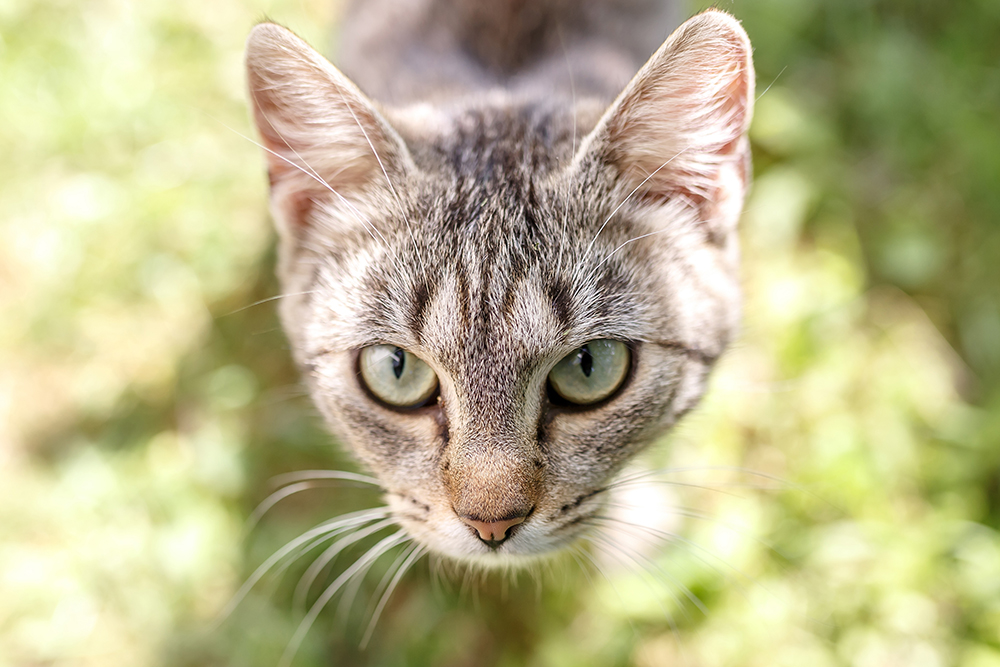
The Asian cat is smart, sweet, curious, interactive, and affectionate. They yearn for attention and will follow a companion around the house all day to get attention if necessary. They take on some independent characteristics but don’t like being alone at home all day. Therefore, someone, including other pets, must be around to keep them company.
They are confident cats who are not afraid to try new things, especially with the encouragement and support of their human companion. They are inquisitive, so when left alone for too long, they are liable to become “mischievous” and do things like rip pages of a book, ruin the curtains, chew on socks and shoes, and scratch the couch.
Are These Cats Good for Families? 👪
Yes, Asian cats are great family pets, no matter the size or scope of the family. They get along well with children, and they will happily play or snuggle with them, depending on what the occasion calls for. They should be socialized while still young to ensure they can handle a robust family life full of noise and laughter.
Children should be taught to handle the cats with care and always be supervised until proven responsible for proper caretaking. Asian cats can do well in both apartment and house settings. If there is enough room for the family to live in the household, there is enough room for one or two Asian cats.
Does This Breed Get Along with Other Pets?
Asian cats usually get along with other animals in the household, especially cats of the same temperament. They can live with dogs that are low-key and non-confrontational. They may even learn to get along with animals like ferrets and rabbits if taught while still young kittens.
It is important to note that every cat is unique, no matter their breed, so some Asian cats might not want to live with other animals no matter how much socialization they get when they are young.

Things to Know When Owning an Asian Cat:
You should know several aspects of owning an Asian cat before deciding whether they’re right for your household and lifestyle. What should an Asian cat eat? How much exercise do they need? Are there any health problems to worry about? The answers to these questions and more can be found below:
Food & Diet Requirements 
Like all felines, Asian cats are carnivores. Therefore, they require high-quality commercial wet or dry food that contains real meat as the first ingredient(s). It’s a good idea to choose organic food products that do not contain artificial flavoring or colorings. Organic products don’t contain genetically modified ingredients either.
Choose brands designed specifically for kittens, adults, and seniors throughout your Asian cat’s lifespan to ensure they get the right amounts of protein, fats, and other nutrients they need to stay happy and healthy. Treats should be reserved for training, as rewards, and during special occasions, as any more can lead to problems like obesity and diabetes.
Your Asian cat should get all the nutrition they need from their regular meals, so treats are just additional calories. Treats should consist of high-protein commercial options and whole foods such as cooked chicken or fish with no seasoning. No more than a teaspoon or so of whole food should be offered at a given time as a treat or snack. Talk to a veterinarian to determine exactly what you should be feeding your Asian cat between meals.
Need veterinary advice but can't get to the clinic? Catster recommends PangoVet, our online veterinary service. Talk to a vet online and get the answers and advice you need for your cat without having to leave your living room — all at an affordable price!

Exercise 🐈
All Asian cats need exercise, but they can get all that they need within the confines of their homes if the right mechanisms are put in place. They should have access to various toys, scratching posts, and climbing trees to interact with throughout the day. Interactive and puzzle toys are fantastic activities that can help keep your kitty entertained when everyone is away from home.
It is essential to spend at least 15 minutes a day interacting and playing with your Asian cat to ensure that they’re moving enough and getting enough mental stimulation. Playing together offers an excellent opportunity to bond and create a lasting relationship that exceeds mere “roommate” status.
Training 🧶
It is unnecessary to train your Asian cat since they will naturally learn the behaviors you want them to maintain based on your interactions with them. However, Asian cats are intelligent so it’s possible to train them to do a variety of things, such as how to sit, lay down, stay, raise their front legs, and even spin around. It all depends on how you want to interact with your cat as time goes on.
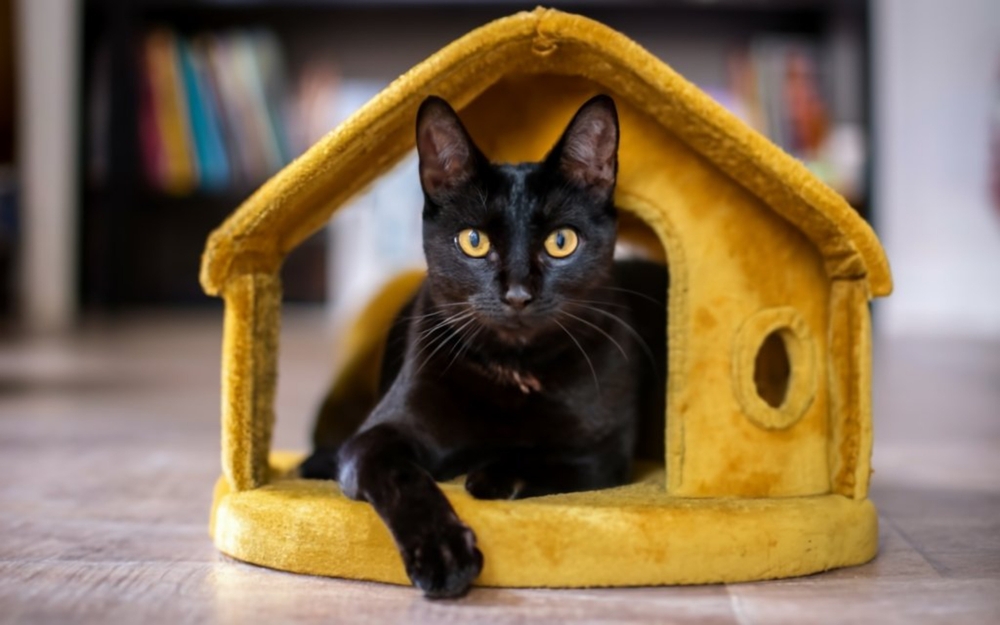
Grooming ✂️
Short-haired Asian cats don’t require as much grooming as the long-haired (Tiffany) varieties. Short-haired cats should be combed or brushed at least once a week to keep shedding under control, while this practice should commence at least twice a week for the longer-haired cats. Regular nail trimming may be necessary depending on how much your cat scratches their nails on available posts, towers, and toys.
Cats can develop plaque and gum disease, so it’s important to get them used to having their teeth brushed. You can use a silicone finger toothbrush if necessary. If your cat absolutely cannot stand having their teeth brushed, you can offer them daily dental chews to help ward off dental problems. Asian cats generally don’t need to be bathed unless they get muddy or extra dirty in some way.
Health and Conditions 🏥
Asian cats are generally healthy animals and can live 14 to 16 years (sometimes even longer!). However, there are a few health conditions that they may be susceptible to depending on their heritage and breeding practices.
- Flat-chested syndrome
- Diabetes mellitus
- Polycystic kidney disease
- Progressive retinal atrophy
- hypokalemia

Male vs Female
There are minor noticeable differences between male and female Asian cats. For instance, the males are usually just a bit taller and heavier than the females. Males also tend to be a little more independent.
Females are usually easier to potty train than males. However, that seems to be the end of the noticeable differences. Both male and female cats are affectionate, interactive, and loving toward their human companions.

3 Little-Known Facts About the Asian Cat
1. They Can Be a Bit Clingy
Asian cats are known for their need for affection and tendency to be clingy. They will follow their human companions around and grab a lap whenever they have the opportunity. They are unhappy sleeping away from their human companion at night, and they don’t want to spend time alone when even one person is at home to keep them company.
Their clinginess can be a bit overwhelming and even annoying at times. Spending uninterrupted quality time with them is an effective way to ensure their clinginess does not get out of control.
2. They Like Variety
Asian cats are naturally curious and exploratory, so they appreciate variety in their daily lives. Therefore, it’s a good idea to rotate their toys out so they can interact with something different every couple of days.
It’s a good idea to develop new games to play whenever you interact with your Asian kitty one-on-one. Switching things around in the house can also be fun to see how your Asian cat will react. Try moving a scratching post or climbing tower to a different room in your home.
3. They are Gentle and Patient
The typical Asian cat is gentle, patient, and tolerant. Supervising when they spend time with children, strangers, and other animals they don’t live with is important. This will ensure that they are not accidentally or intentionally handled too harshly.
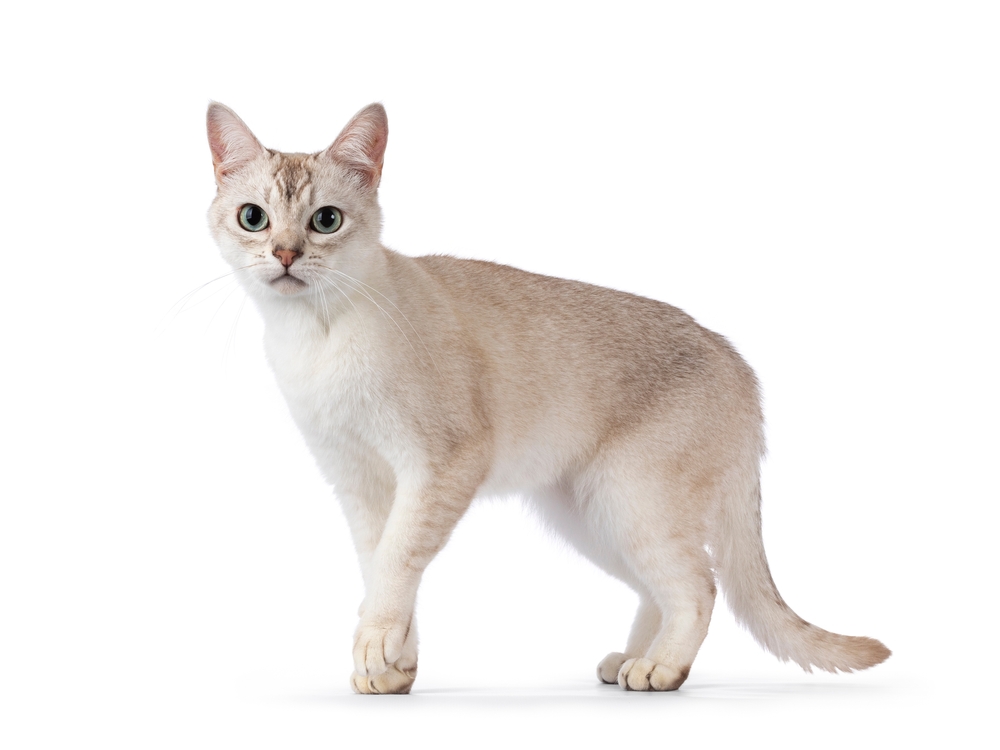

Final Thoughts
Asian cats are strikingly beautiful, as all cats are. They are kind, affectionate, loyal, and smart, which makes them great family pets overall. They can be a bit too tolerant of unwanted attention and treatment, so it’s important to make sure that they are always in good hands when you are not there to ensure they’re safe from harm.
Featured Image Credit: alitellioglu_Shutterstock
